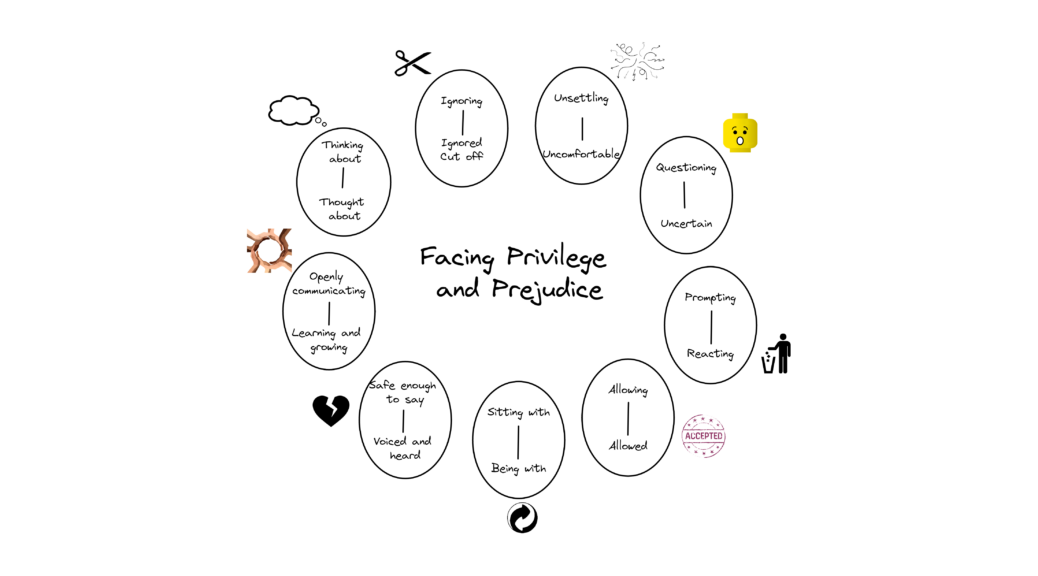In the CAT community we’re having some interesting conversations about racism and what antiracist practice looks like. The antiracism statement we came up with mentioned keeping on talking, even if some of our conversations felt painful. That made some of us us think about the tricky feelings that can arise when talking about racism and how we each cope with them. We wanted to use CAT ideas to try to sketch this out, so our member Lorraine Welch offered a starting point in this blog. She and another member, Rhona Brown, then worked on it together and developed some images of relationship roles that seemed relevant. We hope the blog can help spark and support more conversations.
The world we’re in can feel very unfair. People might make assumptions about you which are not correct, but they hang on to those ideas about you anyway. As an example, someone might think that as a woman you would be too emotional to be a leader. Or as a professional you must be wealthy. We all use stereotypes to help us quickly make sense of ourselves and others in the world. However many stereotypes cause people harm, and racism is a good example.
What happens inside of you when you examine your own stance on racism and being anti racist? You may feel more or less comfortable and open to this. How easy it feels might link to your own identity and the different aspects that define you in your own eyes, and other people’s eyes. An American Professor of Law, Kimberlé Crenshaw, refers to this as your own intersectional experience. Intersectionality refers to your experience of power and disadvantage in different situations, due the various visible or hidden aspects and characteristics that make up your identity. Different aspects of your identity can have an impact on how relevant, recognisable or relatable racism feels for you personally.
We are all on different journeys of accepting and understanding what this means for each of us. Trying to make sense of it can evoke powerful emotions and strong reactions inside.
So, here’s an invitation to reflect on those emotional reactions we get when asked to face our privileges and prejudices. Thinking about these can make us aware of systems we’re all part of, that can feel different to different people. Some of us benefit and thrive in these systems, or at least don’t get harmed in them as much as some others do. Some people are disadvantaged by them , in the past, the present, again and again…. For some this disadvantage can feel unrelenting.
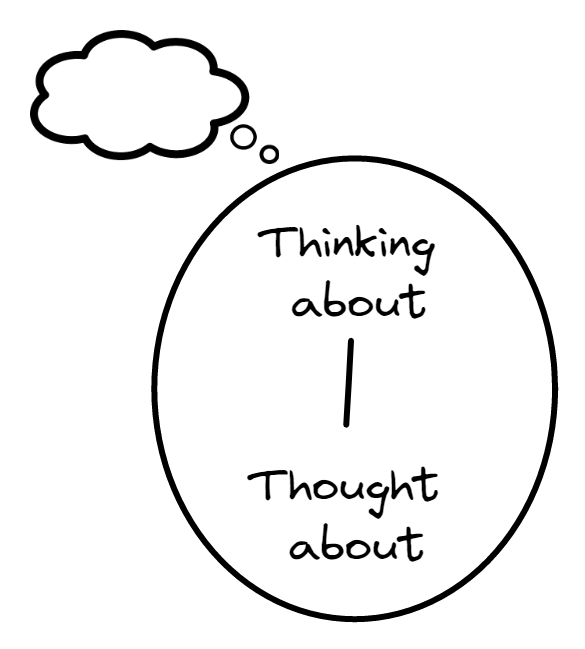
Do you cut off from your emotions and repress them? Distract yourself from them? Perhaps it’s easier not to feel it; it’s unpleasant.
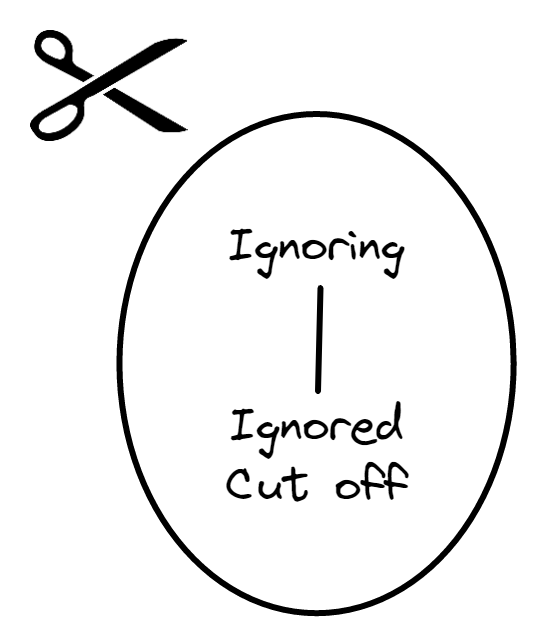
If not, where do you feel these in your body? Is it like a punch to the chest? As if you’ve been winded? What about emotionally? Might you feel offended to the highest degree? Is it like feeling victimised? Or perhaps confused, indignant, angry and hurt? Guilty or shameful?
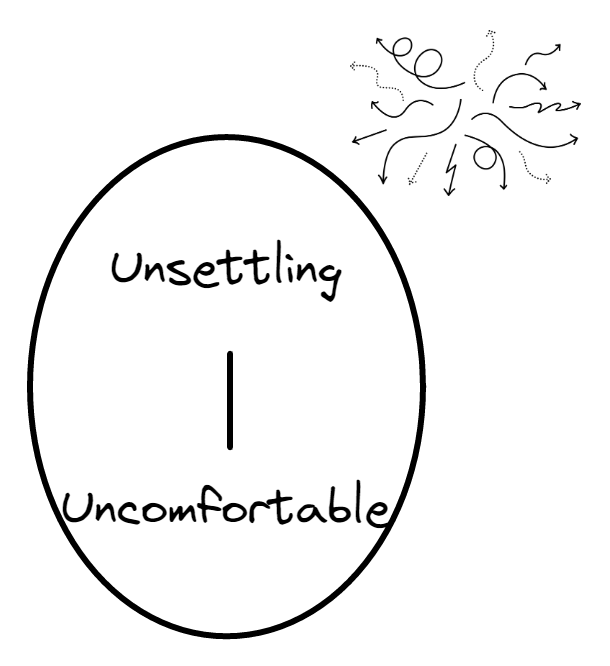
What is it like to your sense of yourself in the world? Do you feel pulled into questioning everything you’ve ever known about yourself? It might throw up questions about your history and those you love too. Is it Iike your ideological rug being pulled from underneath you?
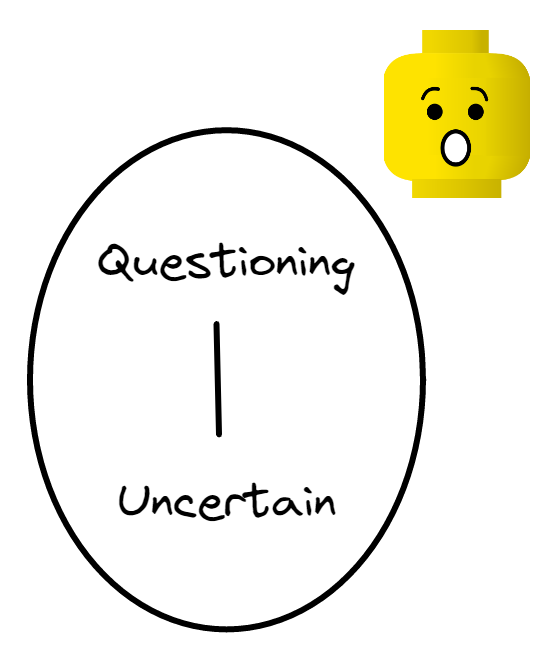
How do these emotions and feelings make you behave? Do you deny and discredit anyone that draws attention to the cause of these feelings? Might you try and show the world how much integrity you have? Do you shout and scream? Intellectualise? Or use emotive, loaded language? Do you reflect silently and think? Perhaps you cry?
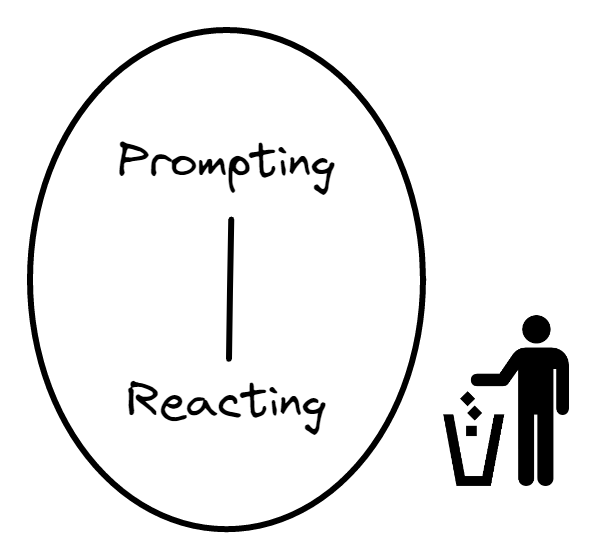
All these reactions are understandable and natural. Our emotions ‘just are’’. We can’t help but feel them in the way we do.
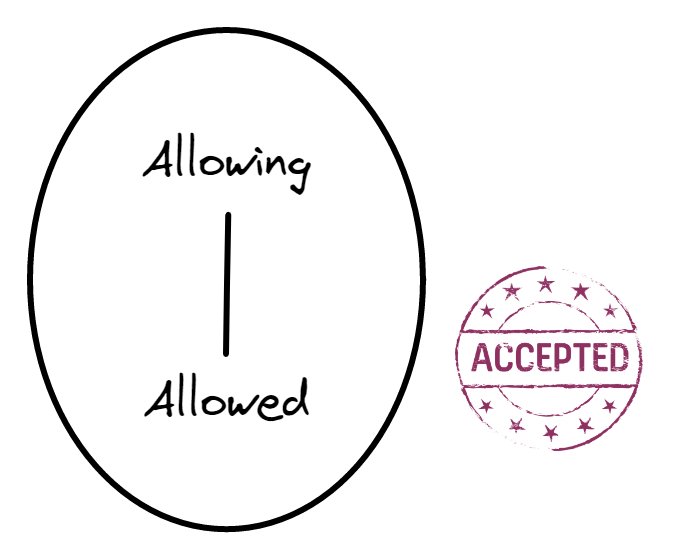
But what matters is what we do with them, and how we behave because of them. Being able to sit with the discomfort of these feelings is precisely what makes it difficult to face up to racism and even name it as it is. It is what silences and shuts down meaningful conversation.
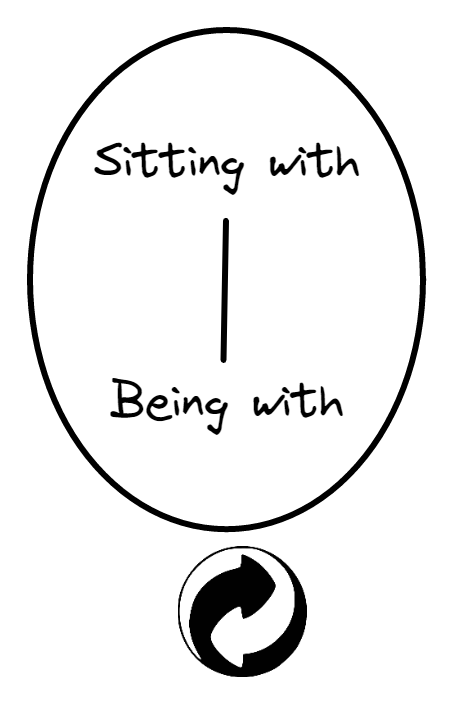
Those feelings are the same ones people of colour experience when they face everyday microaggressions. These might come in the form of ‘othering’, when a person or group is seen as different, apart, on the outside. Habits, procedures, and legalities might cloak systemic racism that exists quietly but forcefully. Pointing out these things and how they make people feel can lead to the experience of those on the receiving end being denied. They may not be seen as legitimate and valid. Some are also the same reactions and behaviours we have learned to respond with. We have often learned to sit with these feelings more often than not. Perhaps it’s only possible to speak out if it feels safe.
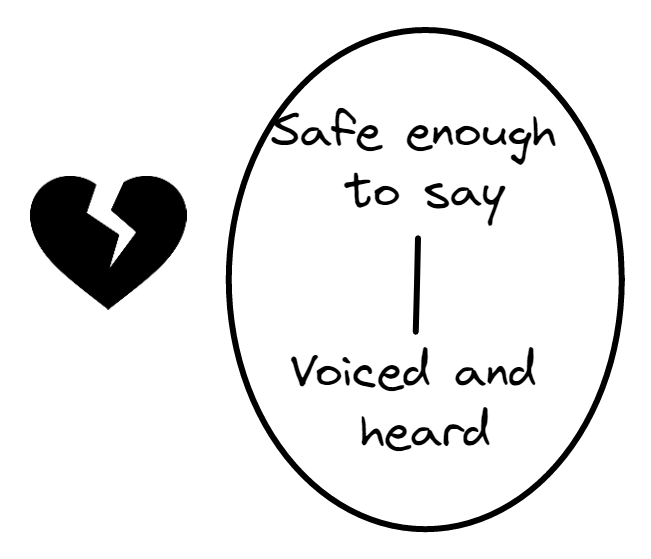
Many of us recognise how equality is beneficial to all. Let us not waste opportunities for understanding. Let us instead sit with the emotional discomfort, tolerate it. Then together, we can keep difficult conversations open and see what comes of it.
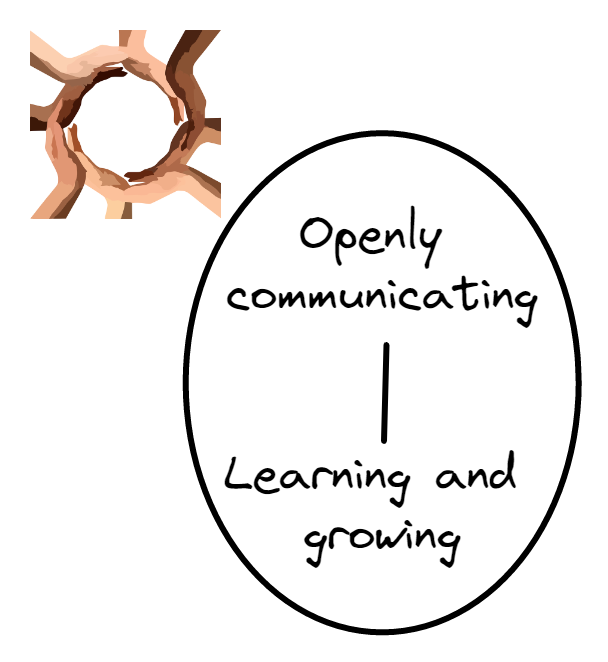
Click here to read ACAT’s Anti-Racism Statement

Facing Privilege and Prejudice by Lorraine Welch is licensed under a Creative Commons Attribution-ShareAlike 4.0 International License.
